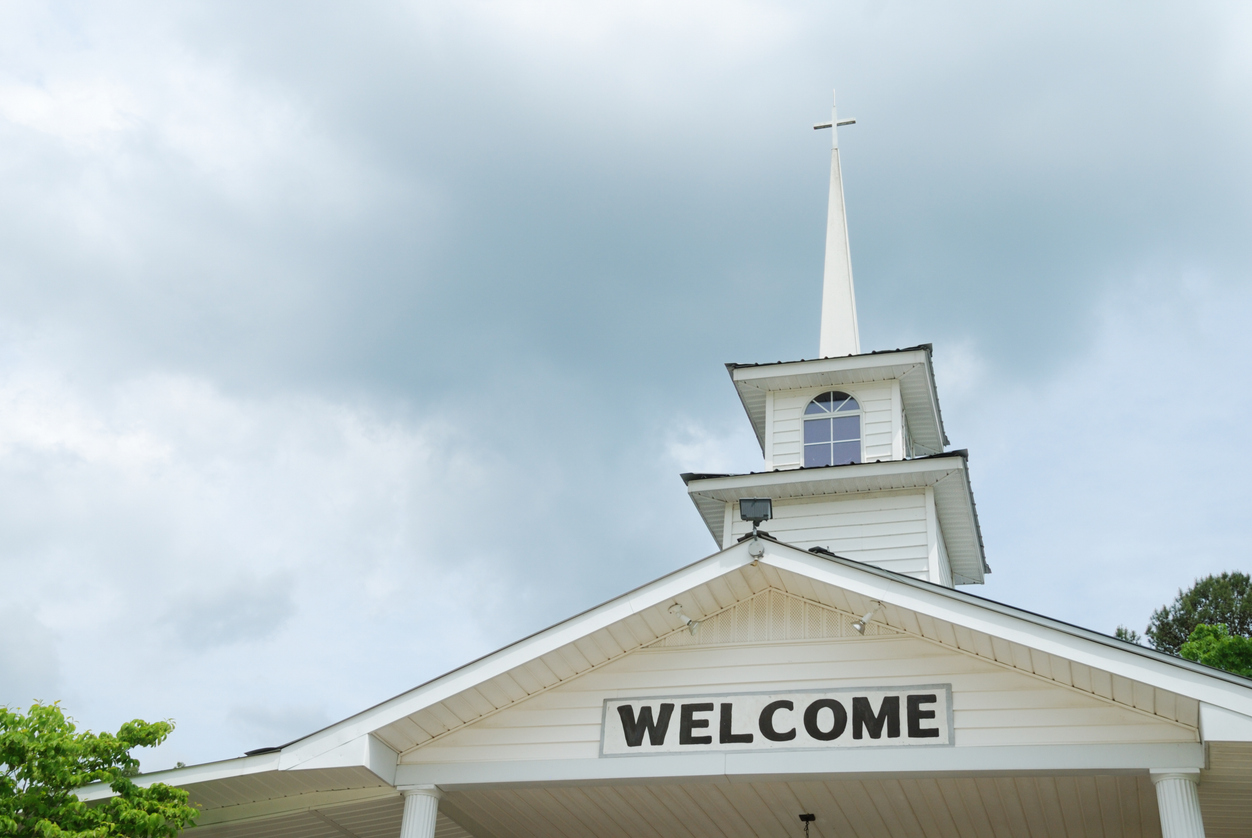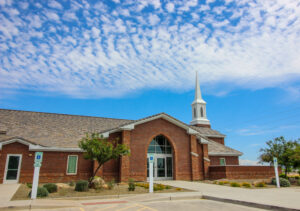
6 takeaways from church hospitality research
Earlier this year, Lifeway Research released the results of a study on how Protestant churches welcome first-time guests. The results, as they say, speak for themselves.

Earlier this year, Lifeway Research released the results of a study on how Protestant churches welcome first-time guests. The results, as they say, speak for themselves.

iStock
If you’re pastoring a mid-sized church, you’ve likely felt that slow undercurrent of change that’s harder to name than it is to feel.

Adobe Stock Photo. Do not publish.
The first seven years of C. H. Spurgeon’s ministry in London were accompanied by a surprising revival. No one could have expected it. Through a nineteen-year-old country preacher, a dying congregation was revitalized, and hundreds—perhaps thousands—were converted under his ministry during those early years. Though only a few dozen were in attendance when Spurgeon first arrived at New Park Street in 1853, by 1861 membership was at 1,473, with thousands more regularly attending.

Adobe Stock Photo. Do not publish.
An “unforced error” is a term borrowed from sports, especially tennis, meaning a mistake made due to one’s own lapse rather than being forced by an opponent. In everyday language, it refers to an avoidable mistake or misstep, typically resulting from a lack of attention or care rather than external pressure.
To get the most out of this process, I suggest that you complete this exercise with a small group of dedicated Christians in your church who are sincerely committed to “attaining to the whole measure of the fullness of Christ” (Ephesians 4:13)—in their own lives as well as in the life of their church.